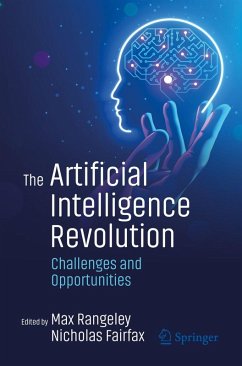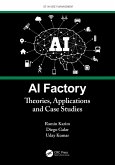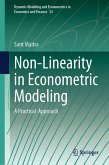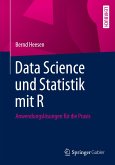This book reveals why artificial intelligence (AI) is poised to reshape society, the global economy, and national security more profoundly than any other emerging technology. With forewords from two Nobel laureates, it brings exceptional authority to a subject of global importance. Drawing on insights from political leaders, senior policymakers, investors, AI engineers, military strategists, and leading think-tank analysts, the volume moves beyond theory to offer a clear-eyed view of AI s real-world implications. It covers essential themes, from the economics of AI and geopolitical competition to defense applications, robotics, and the transformation of human society. For readers seeking to understand how AI will redefine our world in the years ahead and how we can navigate the opportunities and risks this is an authoritative and indispensable resource.
Chapter 7 is available open access under a Creative Commons Attribution 4.0 International License via link.springer.com.
Chapter 7 is available open access under a Creative Commons Attribution 4.0 International License via link.springer.com.








